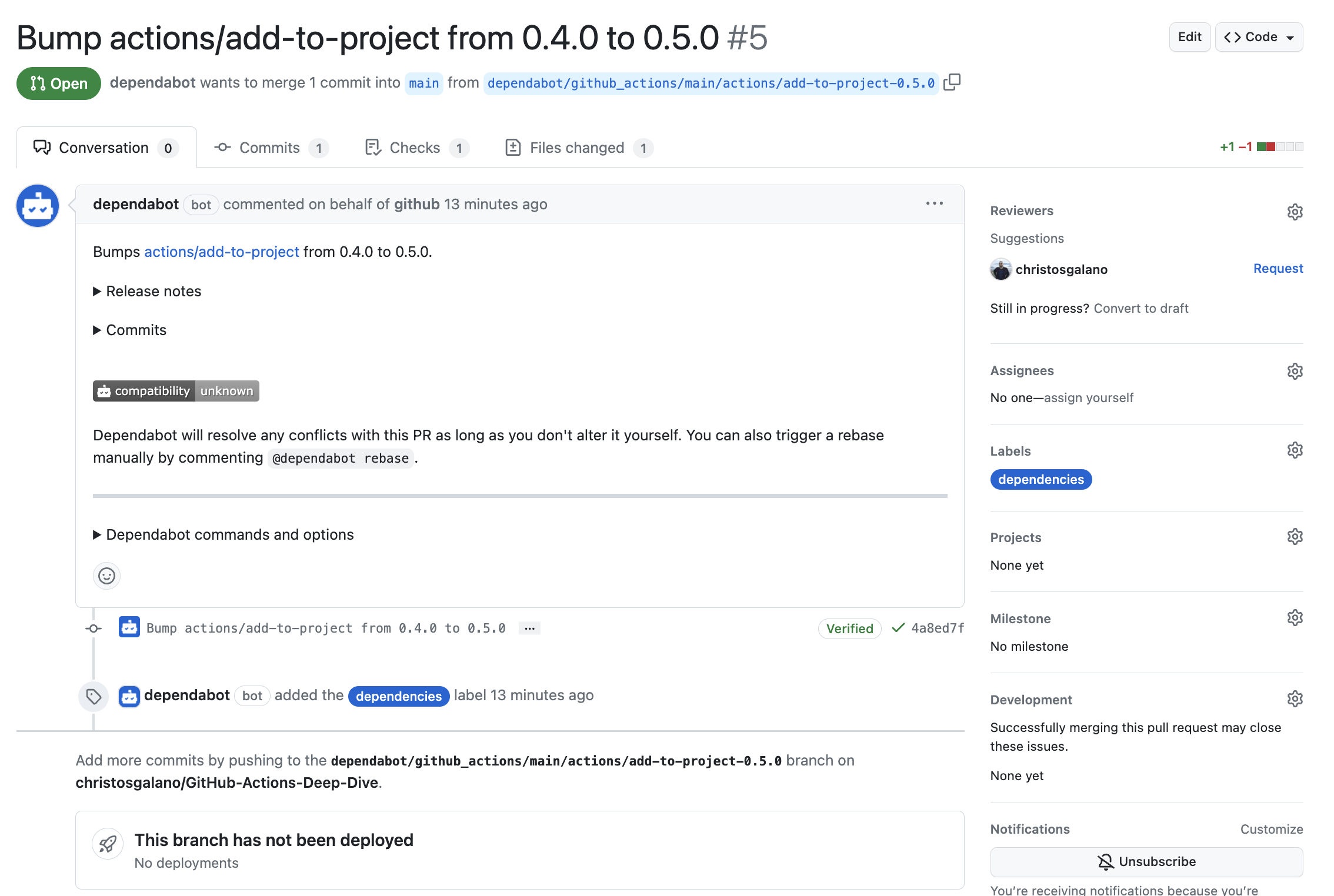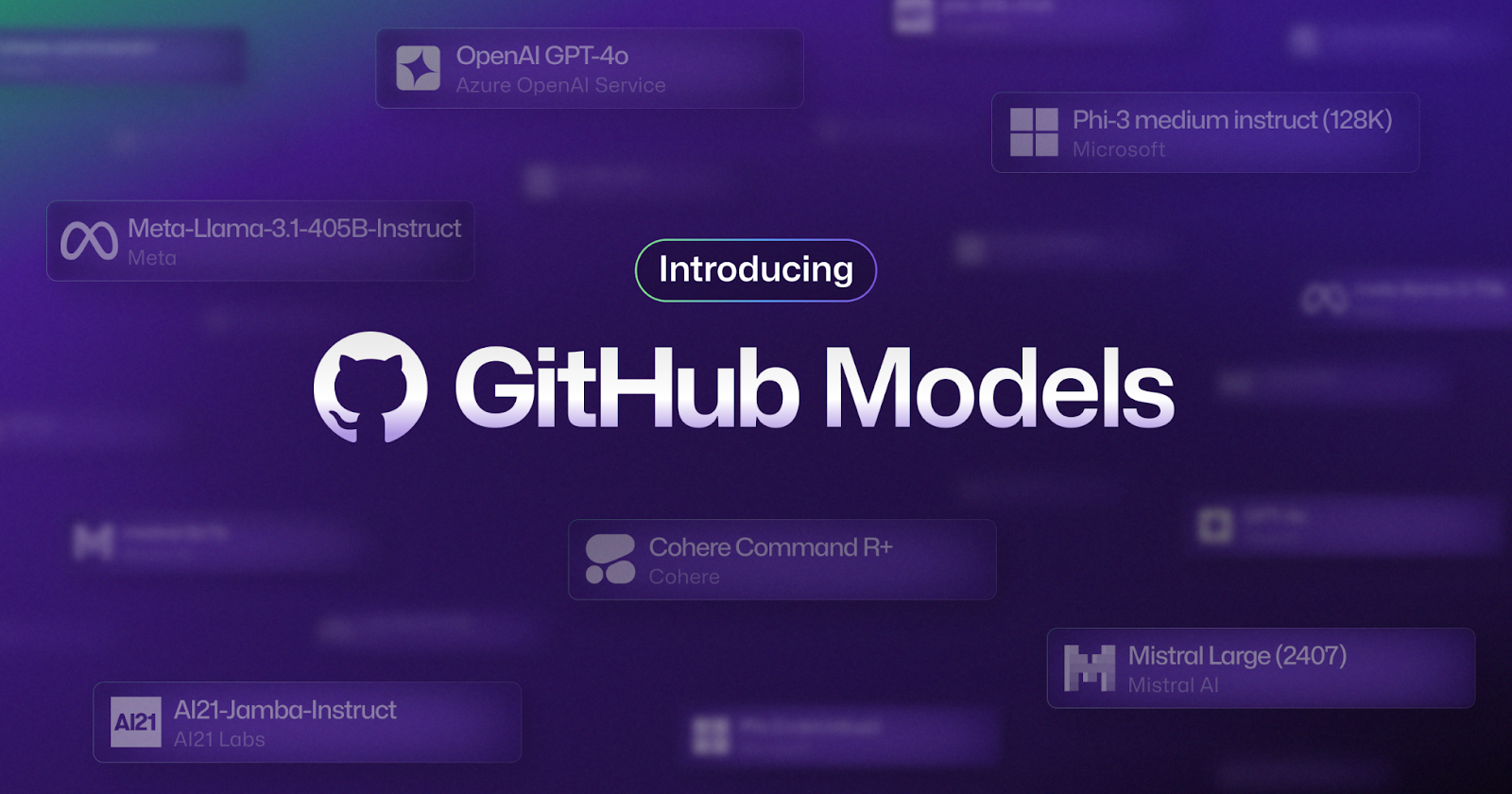Overview
As an engineer, you rely on various dependencies to build your applications or workflows. However, managing these dependencies can be a time-consuming and challenging task. Fortunately, GitHub Dependabot can help you automate this process and keep your dependencies up-to-date, as well as secure.
What is GitHub Dependabot?
GitHub Dependabot is an automated dependency management tool integrated directly into GitHub repositories. It helps keep projects secure and up-to-date by automatically monitoring and updating dependencies. Dependabot analyzes a project’s dependencies, checks for newer versions, and provides automated pull requests to update them. It also notifies developers about any security vulnerabilities found in their project’s dependencies, enabling proactive remediation.
How does Dependabot work?
Security
Dependabot scans your project’s dependencies for security vulnerabilities and notifies you of any issues. It also provides automated pull requests to update vulnerable dependencies, making it easy to fix security issues quickly. Dependabot can be configured to scan for security vulnerabilities daily or weekly, depending on your needs. You can also set the frequency of scans and choose which package managers to monitor.
Versioning
Dependabot uses semantic versioning to determine which dependencies to update. It checks the version numbers of your dependencies against the latest available versions and generates a list of updates. Dependabot then creates a pull request for each update, which you can review and merge. You can configure Dependabot to create pull requests for all updates or only for security updates.
Benefits of using Dependabot
-
Automatic version updates: Dependabot saves developers time by automating the process of identifying and updating outdated dependencies, ensuring projects stay current with the latest versions.
-
Enhanced security: By proactively scanning for vulnerabilities and generating pull requests to update affected dependencies, Dependabot helps mitigate security risks, protecting projects from potential exploits.
-
Code quality improvements: Regularly updating dependencies can improve code quality by incorporating bug fixes, performance enhancements, and new features introduced in newer versions of libraries and packages.
-
Streamlined workflow: Dependabot integrates seamlessly with GitHub, providing an intuitive interface to review and merge dependency updates, enabling a streamlined workflow for dependency management.
-
Customization and configuration: Dependabot offers extensive customization options, allowing developers to configure update strategies, ignore certain dependencies, and define update frequency according to their project’s needs.
-
Reduced technical debt: Outdated dependencies can result in technical debt and make it difficult to maintain your applications. Dependabot helps you stay up-to-date with the latest versions, reducing technical debt and making it easier to maintain your codebase.
Example
The following example configures Dependabot to scan for updates to GitHub Actions and create a pull request for each update. It also sets the frequency of scans to daily and limits the number of open pull requests to three:
version: 2
updates:
- package-ecosystem: "github-actions"
directory: "/"
schedule:
interval: "daily" # only on weekdays
time: "23:00"
timezone: "Europe/Athens"
target-branch: "main"
open-pull-requests-limit: 3
pull-request-branch-name:
separator: "/"And here is an example pull request that dependabot created:

Summary
Keeping your dependencies up-to-date is critical for maintaining the security and stability of your applications. However, managing dependencies can be a time-consuming and challenging task. GitHub Dependabot automates this process, saving you time and improving the security of your applications. It’s easy to configure and integrates seamlessly with GitHub, making it an essential tool for any engineer, whether it is software or devops.




Leave a comment